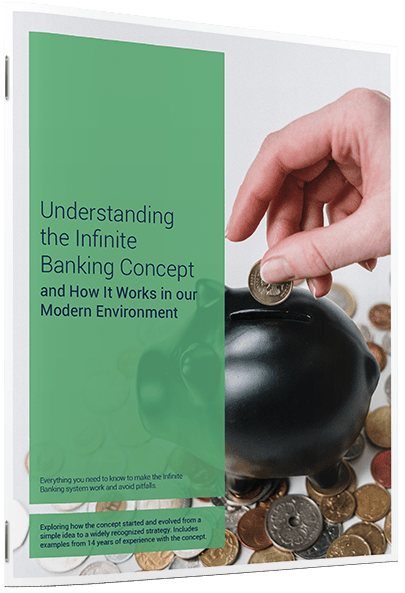702-660-7000
702-660-7000

When choosing a whole life insurance policy, you can determine your premiums before buying a policy. Premiums can vary widely with age, death benefit amount, and payment period. Some individuals may choose to pay low premiums their entire life. Others will choose to pay all of their premiums within a set period of time. This is known as limited-pay life insurance.
Limited-pay life insurance is for individuals looking to pay for the total cost of their whole life insurance policy within a set amount of time. You have a couple of options when deciding the time period of a limited-pay life insurance policy.
Single Premium
You may choose a single premium. This means that you pay the entire premium at one time. However, you should be aware that a single premium results in a loss of tax advantages on cash value growth. This means that you will have to pay taxes on withdrawals on a last in first out (LIFO) basis. For this reason, people often choose a payment period greater than 7 years to avoid this penalty.
Pay Period
There are several pay period options for limited-pay life insurance. Individuals may choose 10, 20, or 30 years to pay premiums for a limited-pay life policy. This is different than a normal whole insurance plan which allows you to pay premiums for your whole life.
The price tag attached to a limited pay life insurance policy varies widely across different insurers, each providing unique quotes based on their coverage offerings. Generally, several key factors influence the cost of these policies:
A limited-pay life policy has the attraction of not requiring a premium every year for life. Even after you have finished paying for your policy, your death benefit and cash value can continue to grow but you are no longer tied to recurring premiums during your retirement years. This can lighten the load of payments people have to pay as they get older.
Receive Cash Value Growth
Choosing a shorter limited-pay life policy plan can help you move money into life insurance quicker so you can start seeing cash value growth.
Feel Secure in your Family’s Future
Unlike term insurance, whole life insurance allows you to afford to keep your life insurance coverage for your whole life without increasing premiums. You can feel secure in leaving an inheritance or covering your funeral costs early on in your life with limited-pay life insurance. In addition, a limited-pay life policy can be ideal for moving a fixed amount of money into life insurance over a specific time period. This protects your money from risk while your money grows and it gives you the tax advantages that come with life insurance.
While limited-pay life insurance has some nice advantages, you should be aware of a few common concerns.
Higher Premiums
Choosing limited-pay life insurance means that you may have to pay considerably higher premiums to obtain the same amount of coverage than you would with regular whole life. Some people might find this to be a disadvantage in their current financial situation. Being able to spread out the cost over a lifetime might be a better fit for some individuals.
Potential for Creating a MEC (A Taxable Life Insurance Policy)
Similar to single premium, paying for a whole life insurance policy over a shortened time period can result in a modified endowment contract (MEC). This means that your policy could lose tax benefits and you would have to pay taxes immediately if you ever withdraw cash value. When we design life insurance at McFie Insurance we know how to keep a policy from becoming a MEC.
There’s No Room to Add Money
This may be the biggest concern with limited payment life insurance. You can’t put more money into the policy as a premium after it has been funded. Many individuals wish to continue to put money into life insurance throughout their life, even when they are too old to buy more insurance because money in a whole life insurance policy will grow with tax advantages and no risk of loss. With a limited payment life insurance policy there’s no room to add money after the required premiums have been paid. This can be a disadvantage because it limits potential growth.

Understanding the Infinite Banking Concept and How It Works In Our Modern Environment 31-page eBook from McFie Insurance Order here>
Limited pay life insurance policies allow you to fully pay your premiums within a shortened timeframe, securing permanent coverage for life thereafter. Here’s a rundown of the most common types:
A limited-pay life policy has advantages and disadvantages. If you want to see if limited payment life insurance is right for you, schedule an appointment with us to see a limited payment plan designed for you. We will be sure to recommend the best plan for your financial situation.
 Ben T. McFie
Ben T. McFie
There's a lot of confusion around finance; there's so much to know and it's frustrating when you don't know enough to make the best financial decisions. I like to bring clarity to financial matters so people can make good financial decisions that will help them live wealthier more fulfilling lives.